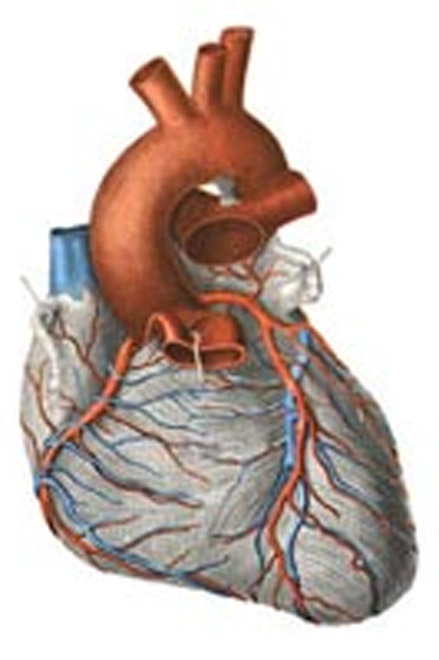A team of British researchers say they have demonstrated that cells in adult mice hearts can grow into new muscle after a cardiac infarction, DPA reported.
The researchers succeeded in getting heart cells in mice to develop into fresh heart muscle tissue, thus opening the way for new treatments for heart attack patients. Their findings have been published in the online edition of the journal Nature.
However, the report's authors say the process of transformation is not yet fully effective and that more research will need to be carried out to improve the method before it can be used on humans.
According to the findings, the repair cells are located in the heart's outer layer of tissue, the epicardium. These Epicardial Derived Cells, as the team call them, are stem cell-like structures that develop into several different types of heart tissue in the embryo stage. Until now scientists thought this process was not possible in adult hearts.
Nicola Smart from the Institute of Child Health in London and her team of researchers succeeded in getting mice heart cells to regenerate using the protein Thymosin beta-4. Scientists were already aware that Thymosin beta-4 is beneficial in promoting the regeneration of blood vessels in the heart after an infarction.
The researchers gave Thymosin beta-4 to healthy mice with the aim of stimulating the self-healing process in the animals' hearts. It appears that the protein performed the role of preparing the Epicardial Derived Cells for regeneration. The researchers then triggered heart attacks in the mice. The cells then grew into healthy heart muscle that integrated with the heart and began to function.
In a press statement released by the British Heart Foundation, the study's manager Paul Riley said the findings indicate that in future it may be possible to give at-risk patients a tablet that will prepare their hearts for repair after an infarction. If a heart attack does indeed occur, the chances of repairing the damaged tissue would be much higher.
Heart muscle cells can regenerate after heart attack: study
A team of British researchers say they have demonstrated that cells in adult mice hearts can grow into new muscle after a cardiac infarction.






